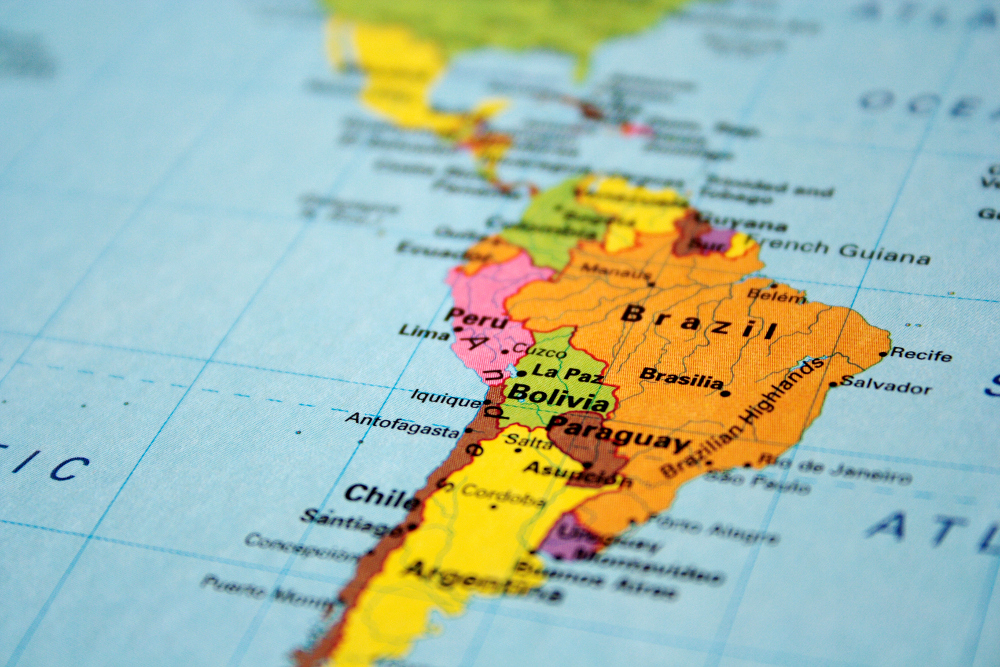In Latin America the most important development of 20th century was the triumph of democracy. The experiences of regime transition in Latin America and elsewhere have challenged virtually all these prerequisites and preconditions.
The hypothetical association between national wealth and democracy perhaps may be used to explain the timing of transition in the case of Brazil which had experienced major social and economic transformation during the military rule (1964-84) but it cannot be used to explain the transition in Peru, Bolivia etc., where democracy came under conditions of economic stagnation, foreign indebtedness and regressive redistribution of income.
Relatively high levels of per capita GDP, urbanisation and literary rate had- contrary to expectations brought authoritarian rule in Argentina in the 1960s.
ADVERTISEMENTS:
Similarly, if the political culture of Latin America was all along deemed anti-democratic, how could the same countries make successful transition to democracy in the 1980s?
Catholic Church took an active role in the transition to democracy in Brazil, Chile, Peru and got involved with the Sandinista revolutionary movement in Nicaragua thus rendering the ‘anti-democratic bias’ of Catholicism implausible.
Thus, the search for causes rooted in economic, social, cultural, or international factors useful as they may be have not yielded a general law of democratization; nor is it likely to do so. Besides, one single factor or set of factors cannot explain eipergence of democracy in all the varied countries.
ADVERTISEMENTS:
If that be so, what possible could be the conditions or preconditions for the emergence of democracy?
There may be no single precondition that is necessary for the emergence of a democratic polity; and surely, there is no single precondition that is sufficient to produce such an outcome.
What is called for is a greater sensitivity to the considerable variety of contexts that have been associated with successful transitions in the past can be expected to support transitions in the present and the future.
Since searching for some common conditions that account for the presence or absence of democracy is futile, a more modest effort at building a more contextualized approach to the study of democratization is called for.
ADVERTISEMENTS:
What the literature in the past had considered as preconditions may be better conceived as the outcome of democracy.
Patterns of higher economic growth and more equitable distribution, higher levels of literacy and education, levels of urbanisation and social communication, etc. are better treated as outcomes of stable democratic process in the long run, rather than as preconditions.
For instance, protracted functioning of democratic institutions can be expected to produce a civic culture that stands for tolerance, accommodation, fair play, and rule of law.
Capitalism, high levels of economic development and the persistence of democracy are empirically correlated but only over the long run. Many developed economies had in the past fallen to authoritarianism, for instance Germany to Nazism in the 1920s. Indian and Costa Rica have sustained democracy under conditions of relative poverty and underdevelopment.

